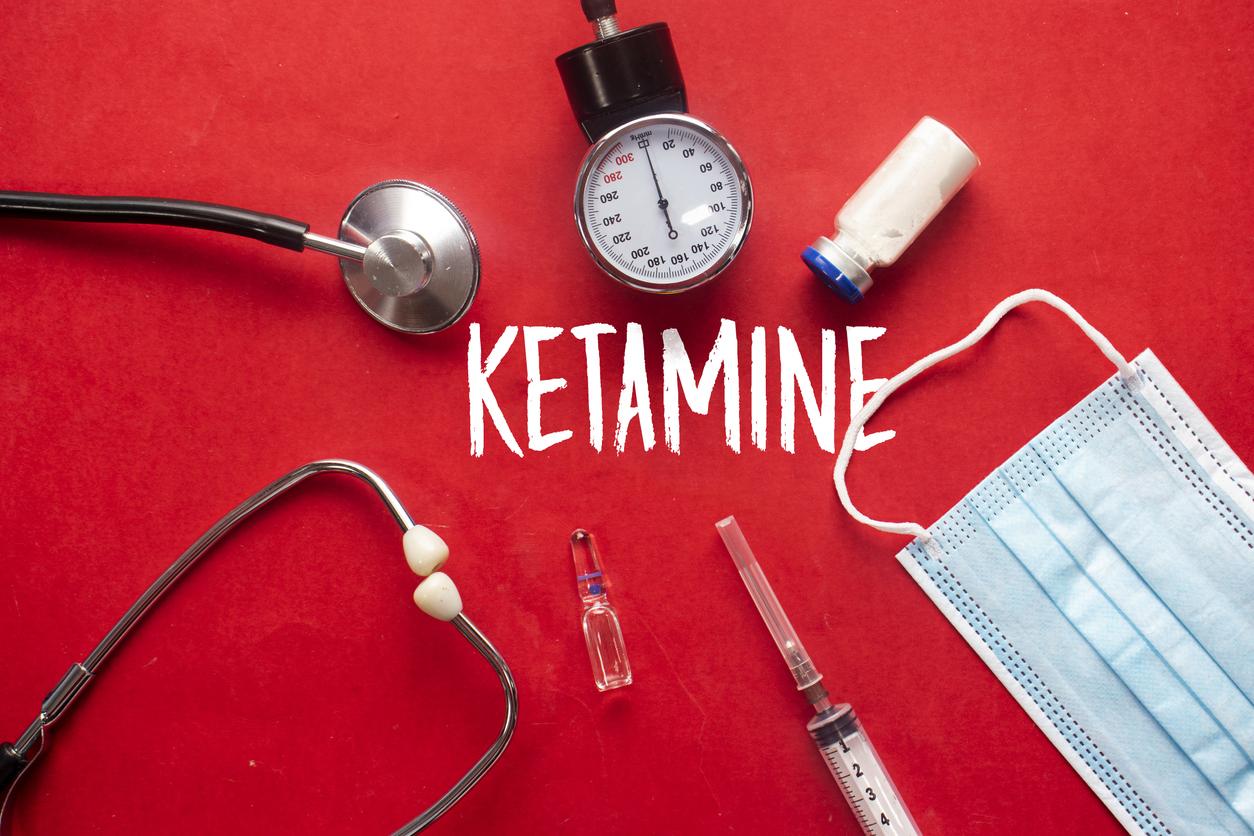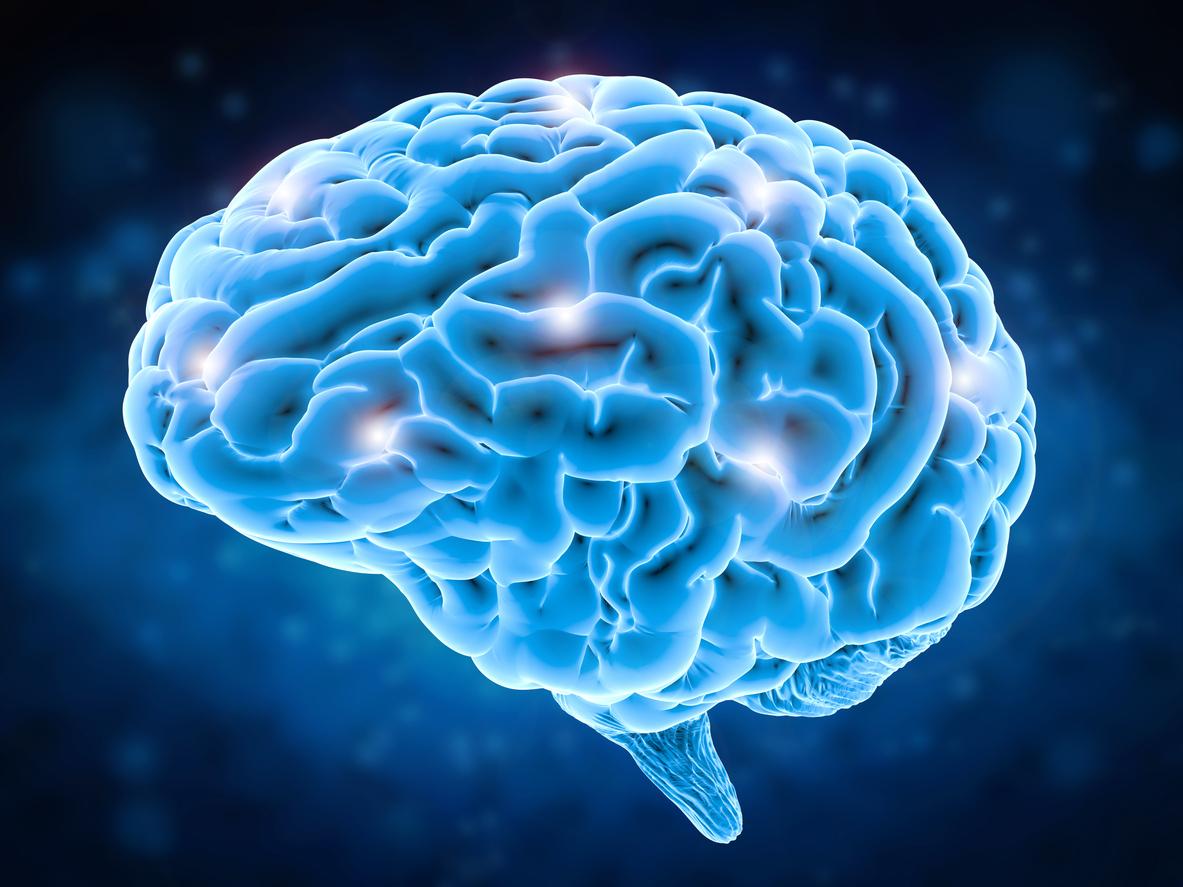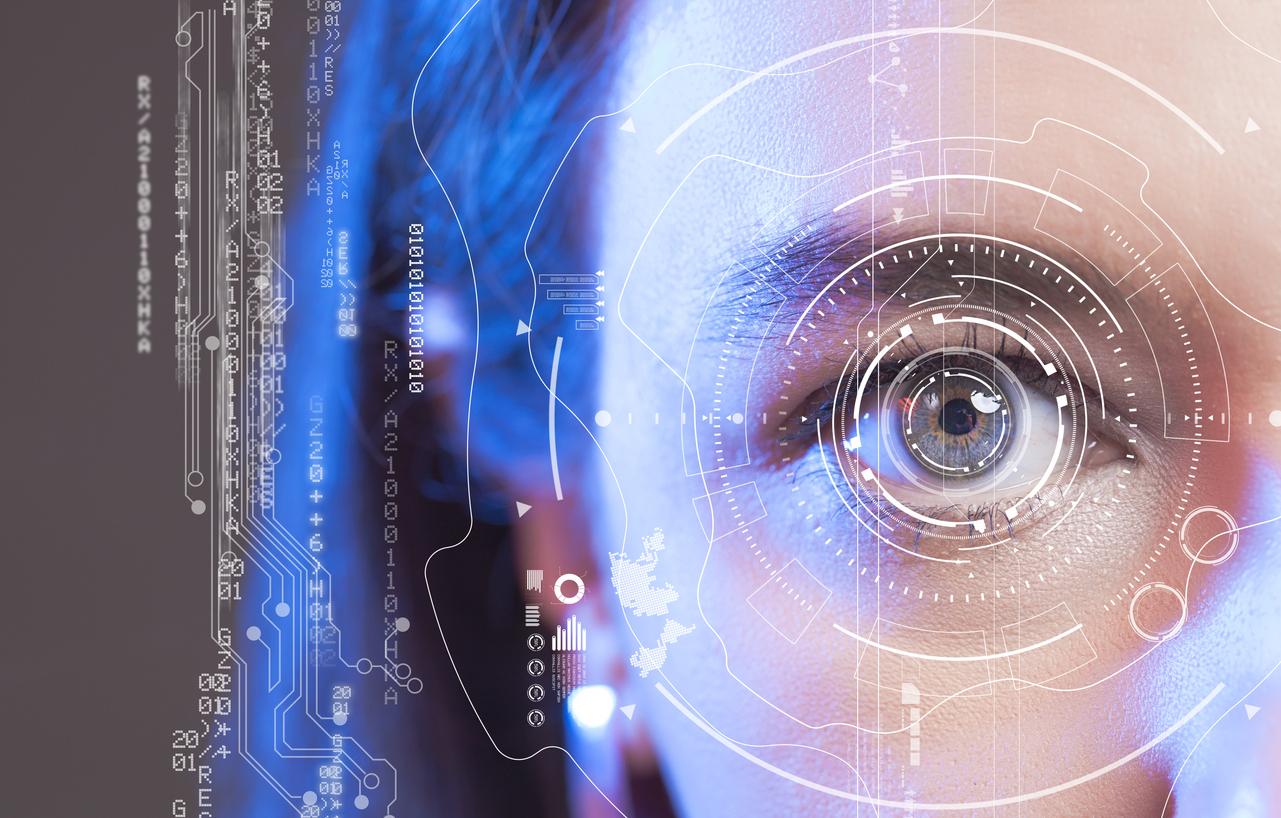Researchers have developed Artificial Intelligence, in the form of a deep learning algorithm, that could detect depression from a person’s speech.

- Depression is a common mental disorder. Worldwide, an estimated 5% of adults suffer from depression, according to the WHO.
- This condition differs from the usual mood swings and transient emotional reactions to everyday problems. When it is recurrent and of moderate or severe intensity, depression can become a serious illness that can lead to suicide (WHO).
An accuracy of 87% in male patients and 87.5% in female patients: this is the remarkable result of an Artificial Intelligence (AI) developed to detect depression from voice recordings.
Depression is noticeable in human speech
The model, developed by researchers from Jinhua Advanced Research Institute and Harbin University of Science and Technology, China, was featured in a paper published in Mobile Networks and Applications.
He was trained to recognize emotions in human speech by analyzing different vocal characteristics commonly found in the speech of patients diagnosed with depression.
The AI trained with several recordings of depressed people
The research team used DAIC-WOZa collection of audio recordings and 3D facial expressions from patients diagnosed with depressive disorders and people without depression.
This database contains clinical interviews designed to support the diagnosis of psychological distress conditions such as anxiety, depression and post-traumatic stress disorder.
These audio recordings and facial expressions were collected during interviews conducted by a virtual agent who asked different questions about the respondent’s mood and life and identified verbal and non-verbal indicators of mental illness.
Diagnosing depression with AI saves lives
The research team’s AI also used OpenSmile, a toolkit often used by computer scientists to extract and classify features from audio clips.
Tools like this algorithm, capable of automatically detecting the signs of depression, could help reduce the suicide rate of patients. They would allow doctors to quickly identify people in need of psychological support, explain the authors.


















